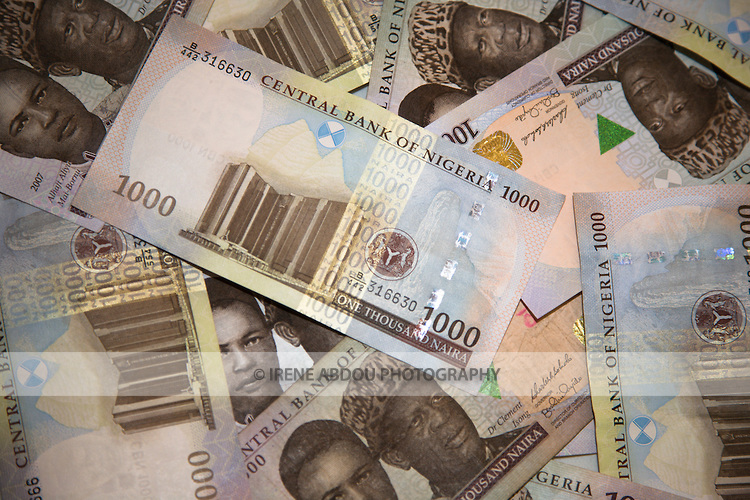- IMF Meeting: CBN Resists Calls to Float Naira
The Central Bank of Nigeria has resisted calls from financial institutions in Washington to float the naira, saying it cannot kill Nigerians in the name of floating the currency.
Speaking to journalists on the sidelines of the World Bank/International Monetary Fund spring meetings in Washington DC, United States, the CBN spokesperson, Mr. Isaac Okorafor, restated the apex bank’s commitment to ensuring access to forex by the drivers of the economy, TheCable reported.
Okorafor said the call to liberalise the foreign exchange market by floating the naira was laughable.
He said, “The call here in Washington that we should float the naira, liberalise the market – our market is extensively liberalised – and the call to float the naira is a bit laughable in our case.
“Yesterday (Thursday), when Madame Lagarde was discussing the economy of Egypt, she lamented herself the devastating inflation that is in that country.
“Egypt has half of our population; Egypt receives about $12bn in foreign earnings and several billions in tourism. We are 180 million people, our infrastructure is so poor and the productive capacity cannot be fast enough to rise to the benefit of the people from massive depreciation (of the naira).
“If you float the naira today, and given the discoveries by security agencies, you’ll discover that our case will be terrible. Egypt today has an inflation rate of almost 31 per cent; remember that Angola also has about 36 per cent inflation; ours is at 17.26 per cent.”
Okorafor further explained, “If we float the naira and we allow speculators and those with corruption money and all the people who create the bubbles to launch into the market, you can yourself imagine the kind of situation we will find ourselves in.
“Yes, we will go all out to practise economic theory the way they say you should allow your currency to float, but of course, you should also know that no country floats its currency, just leaving it to the dictates of the market.
“Our economy has its own peculiarities and we cannot kill our people in the name of floating the naira.”
On access to forex by small and medium-scale enterprises, Okorafor advised anyone being frustrated by commercial banks to report with evidence to the CBN.
He vowed that the bank would take necessary action and apply sanctions on errant institutions, where necessary.
He added, “It has become necessary that we bring to your notice the complaints from customers, especially those who operate in the SME segment of the market, that banks are frustrating their efforts at getting forex.
“You will recall that recently we introduced a window to be able to give forex to SMEs, which incidentally are the engine of growth in our economy, for them to be able to obtain a small amount of forex that suits their businesses and we have received complaints now that banks are frustrating them.

 Forex2 weeks ago
Forex2 weeks ago


 Naira1 week ago
Naira1 week ago
 Naira4 weeks ago
Naira4 weeks ago
 Company News4 weeks ago
Company News4 weeks ago




 Naira1 week ago
Naira1 week ago
 Billionaire Watch1 week ago
Billionaire Watch1 week ago




 Naira3 weeks ago
Naira3 weeks ago




 Naira1 week ago
Naira1 week ago





















